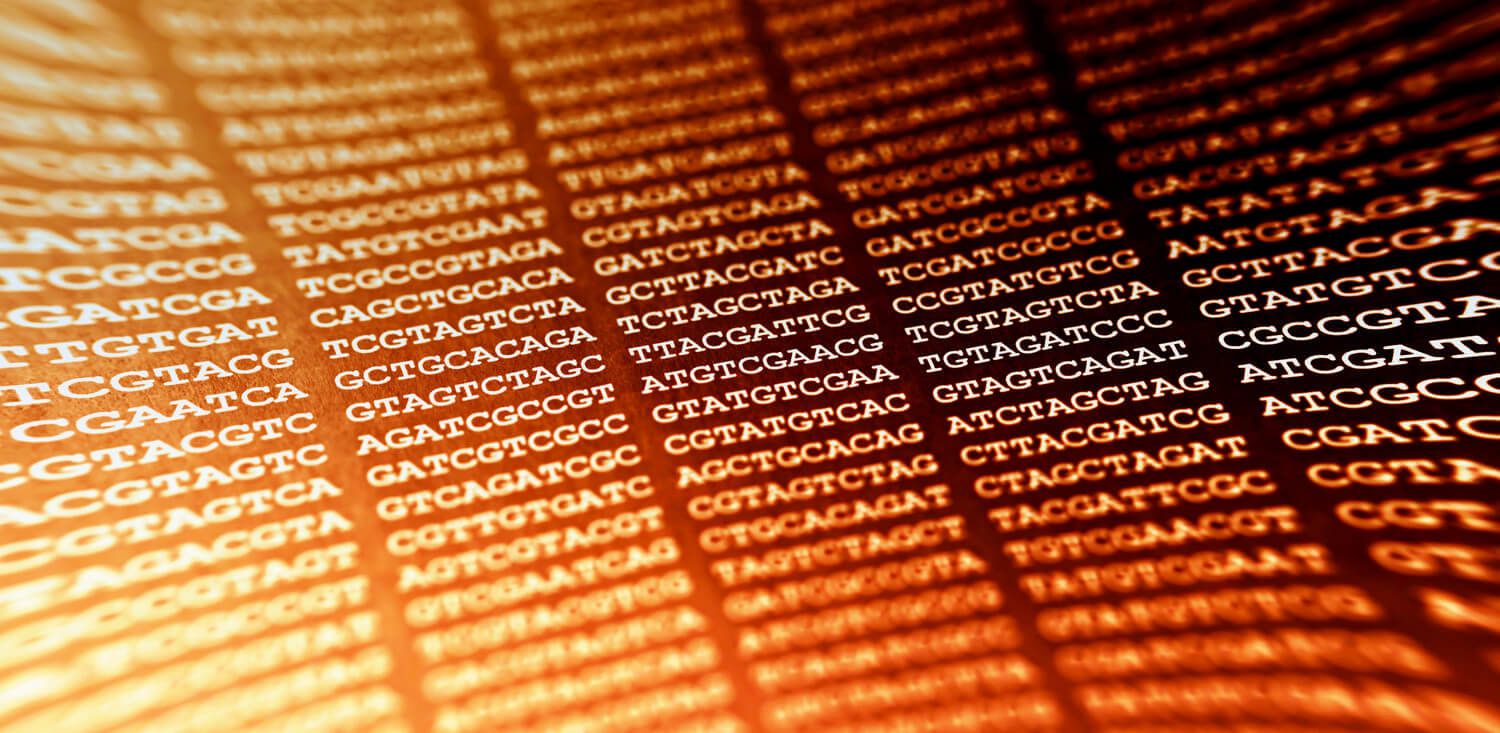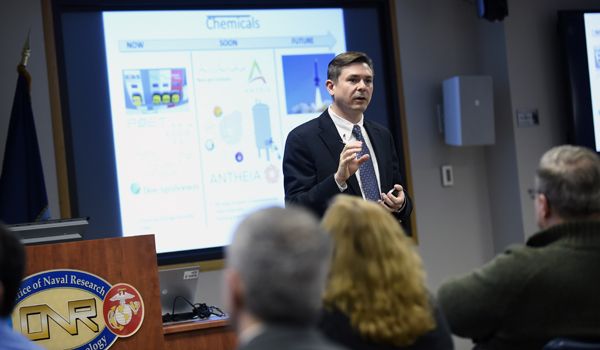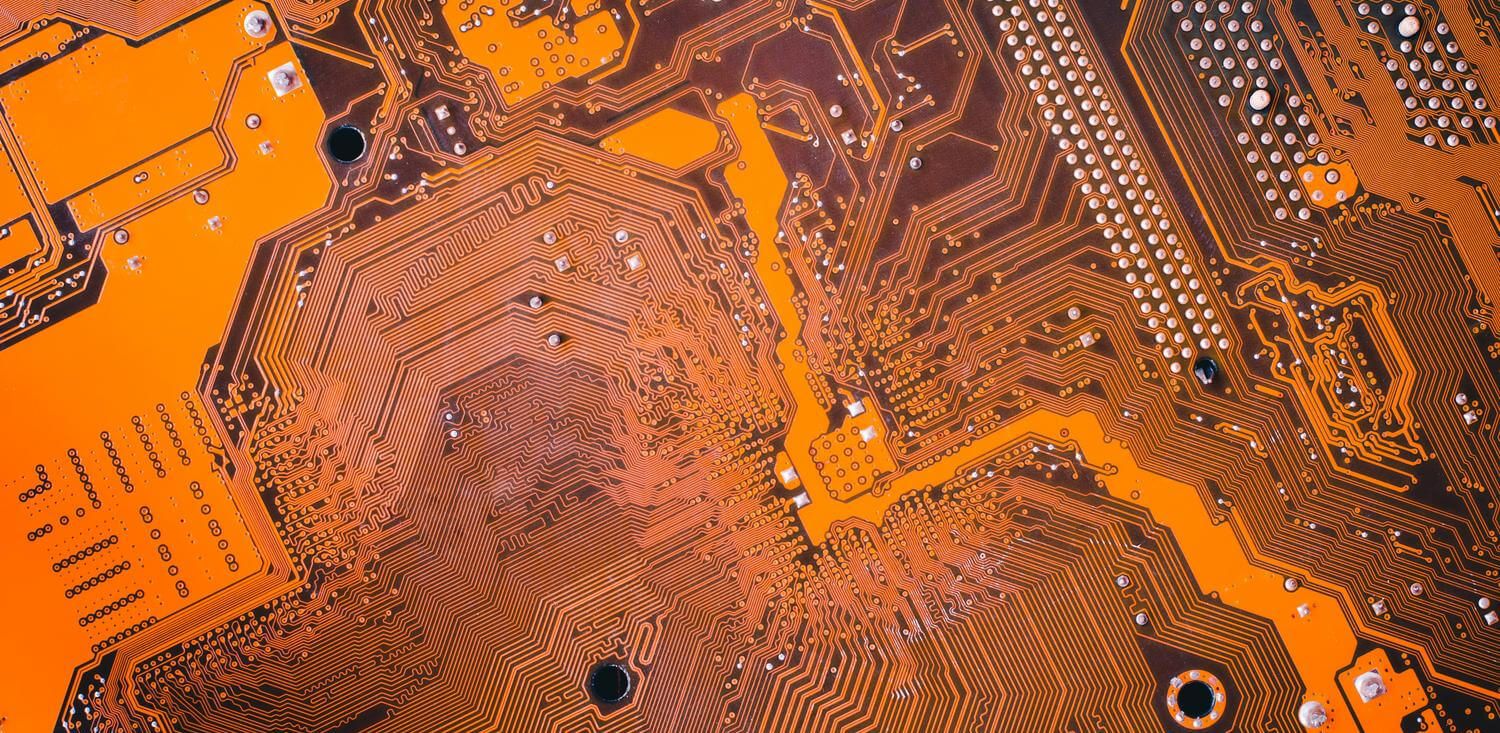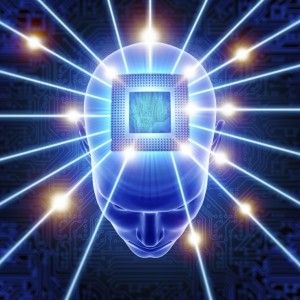Mar 24, 2016
Good News Bad News
Posted by Steven Curley in categories: biological, biotech/medical, health, homo sapiens
One of the things I love most about being a Surgical Oncologist is that I see my patients for years after I have treated them. However, my clinic days are inevitably like the opening scenes from the old Wide World of Sports television program that aired on Saturday afternoons on ABC. I remember watching this show on weekends as a child and teenager. The “thrill of victory”, with images of athletes crossing the finish line in first place, equates to those patients who receive good news during their clinic visit. I tell them I am confident I can perform an operation to remove their cancer; or I confirm that their blood tests and scans show that tumors have not recurred after surgery, chemotherapy, and other treatments; or we pass some major chronologic milestone without evidence of cancer rearing its ugly head again (many patients still believe the 5 year anniversary of being cancer-free equates with being “cured”, if only that were always true). In contrast, the “agony of defeat”, forever seared in my memory in the opening scenes of Wide World of Sports with the ski jumper falling off the end of the jump and bouncing hard off the slope, represents the distress and depression felt by patients and their family members when I deliver bad news.
I would never make it as a professional poker player because I can’t bluff when I’m holding a bad hand or keep from grinning when I have a good one. My patients can tell from my face when I walk into the clinic room what the news is going to be. When all of the blood tests and scans reveal no evidence of cancer recurrence, I walk in smiling and immediately tell all gathered in the room that everything looks great and I see no evidence of any cancer. The remainder of the visit becomes a combination of medical checkup and social enterprise. I inquire about the well-being of their children, grandchildren, parents, other friends and relatives I have met, their pets, their gardening, their recent travels, and sundry snippets of their ongoing lives. Patients frequently bring pictures of children and grandchildren, or travel photos of places they have been since their last visit with me. Often I’m asked for medical advice on conditions totally unrelated to their cancers as they get farther and farther away from that diagnosis. My patients also know about tidbits from my life. They ask about the status of soccer teams that I coached, how my son or daughter were doing in college (both graduated and onto successful careers, thank you), and whether I have progressed from owning a Ferrari lanyard to hold and display my medical badge (I’m a fan of Ferrari F1 racing) to actually owning a Ferrari automobile (I do not).
I am told by patients, family members, and members of my patient care team that I am quite solemn when I walk in a clinic room to deliver bad news. No “light-hearted” chatter or discussion of recent family events or outings occurs. The nervous, hopeful smiles on the faces of the patient and the family members in the room quickly fade as I describe what I am seeing on their blood tests and the scans I have reviewed. Friedrich Nietzsche, the pejorative poster boy of pessimism, is credited with the aphorism, “Hope is the worst of evils, for it prolongs the torments of man.” Thankfully, he was not involved in the care of patients with cancer or other chronic illnesses. A particular patient comes to mind when I remember the importance of dealing with both the highs and the lows of talking with cancer patients.
The patient in question was the wife of an Emeritus Professor of Engineering at a prestigious American university. The Professor knew a thing or two about scientific investigation, statistics, and assessments of probability. Mrs. Professor had a large, grapefruit-sized malignant vascular tumor in the center of her liver called an epithelioid hemangioendothelioma. Quite a mouthful of a name for a rare malignant tumor of the liver. Her tumor was in an unfortunate location in the center of the liver and was wrapped around two of the three veins that drain all of the blood out of the liver into a large blood vessel called the inferior vena cava. The tumor was abutting a portion of the third vein. As a hepatobiliary surgical oncologist, I know I must preserve at least one of these veins to allow blood that flows into the liver to flow back out properly. She had seen surgeons at several other hospitals in the United States and was told that the tumor was inoperable and untreatable. If she was lucky, she might live a year, these doctors told my patient and her husband. The Professor contacted me, and I examined Mrs. Professor and evaluated her prior scans, and then obtained some additional high resolution scans to better understand the appearance of her tumor. I realized that her particular tumor had a very thick fibrous capsule surrounding it. I explained to the patient and her husband that it may be possible to remove the tumor, but that it would be challenging. This lady who had been sullen, withdrawn, and tearful every time I had met with them previously suddenly looked up and said, “If there’s any chance, I’m willing to take it!” I preceded the next week to perform an operation that removed the entire left lobe and a portion of the right lobe of her liver and I was able to gently dissect the tumor capsule free from the third hepatic vein. The operation was successful and the patient recovered well over the next several weeks.
















